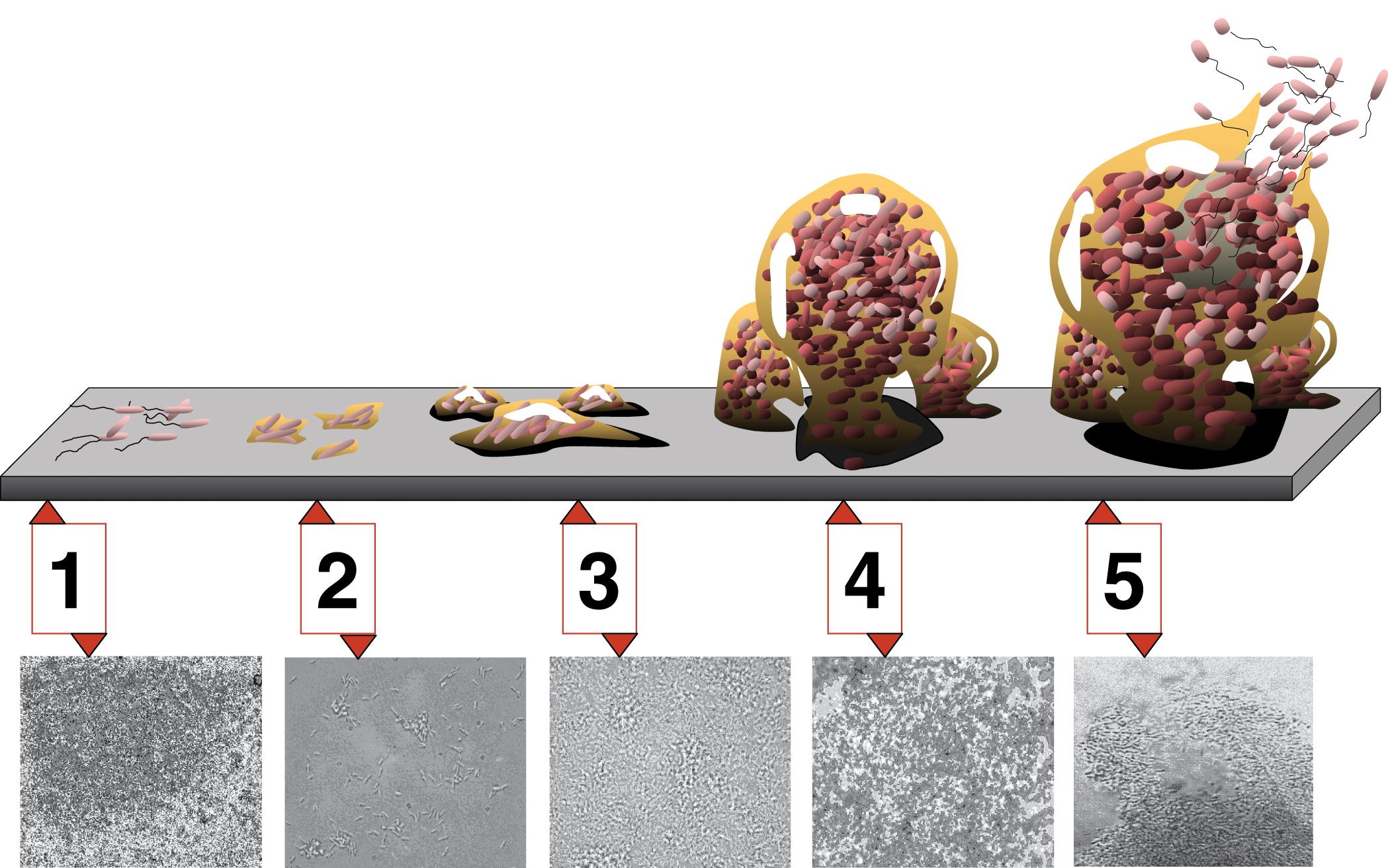A team of scientists in Finland and the UK has revealed that myocardial infarctions (the fancy medical term for heart attacks) may not be solely caused by cholesterol buildup and lifestyle factors. Evidence has been found that infectious bacteria linked to the mouth could help trigger heart attacks.
The rest of this article is behind a paywall. Please sign in or subscribe to access the full content.
In the past, coronary artery disease was known to develop primarily because of oxidized LDL cholesterol (the “bad” type of cholesterol) accumulating on artery walls, causing an inflammatory response which attracts immune cells and contributes to plaque buildup. Over time, this buildup can narrow the arteries and rupture, exposing blood clotting substances which block blood flow to the heart, resulting in a heart attack.
Data analysis found bacterial DNA in plaques obtained from 217 patient samples. These bacteria were common bacterial species found in the mouth. The most common bacterial DNA detected in the plaques belonged to the viridans group – harmless bacteria that live in the oral cavity, including Streptococcus species. Smaller quantities of other oral bacteria were also detected, including (caution: list of Latin names coming up) Porphyromonas gingivalis, Aggregatibacter actinomycetemcomitans, Fusobacterium nucleatum, and Prevotella intermedia, and the respiratory pathogen Chlamydia pneumoniae.
These bacteria were dormant in the form of biofilms – a community of microbes encased in a slimy matrix they produce to protect themselves from the immune system and antibiotics. Antibody-targeted techniques revealed that the biofilm structures were located inside the plaque and arterial tissue.

This discovery adds weight to the growing body of evidence linking oral health to cardiovascular health. Poor dental hygiene has often been associated with a higher risk of heart disease, but direct mechanisms have been harder to pin down until now.
Biofilms can lie quietly for years without symptoms. But a viral infection or other stressor can “wake up” the bacteria, causing them to multiply and initiate a strong immune attack. The resulting inflammation can lead to a rupture and the formation of a blood clot, which can trigger a heart attack.
“Bacterial involvement in coronary artery disease has long been suspected, but direct and convincing evidence has been lacking,” explained Professor Pekka Karhunen, who led the project, in a statement. “Our study demonstrated the presence of genetic material – DNA – from several oral bacteria inside atherosclerotic plaques.”
This may also explain the link between the increased risk of heart attacks and infections such as influenza, pneumonia, acute bronchitis, and chest infections.
The researchers note that more work is needed to fully understand how these bacteria reach and colonize arterial plaques, and whether targeting them could lower heart attack and stroke risk. The findings hint that prevention might go beyond cholesterol control and blood pressure management – it may also come down to brushing and flossing. Oral hygiene has more benefits than just minty fresh breath.
The study is published in the Journal of the American Heart Association.
Source Link: Infectious Mouth Bacteria Lurking In Artery Plaques Could Be Behind Some Heart Attacks